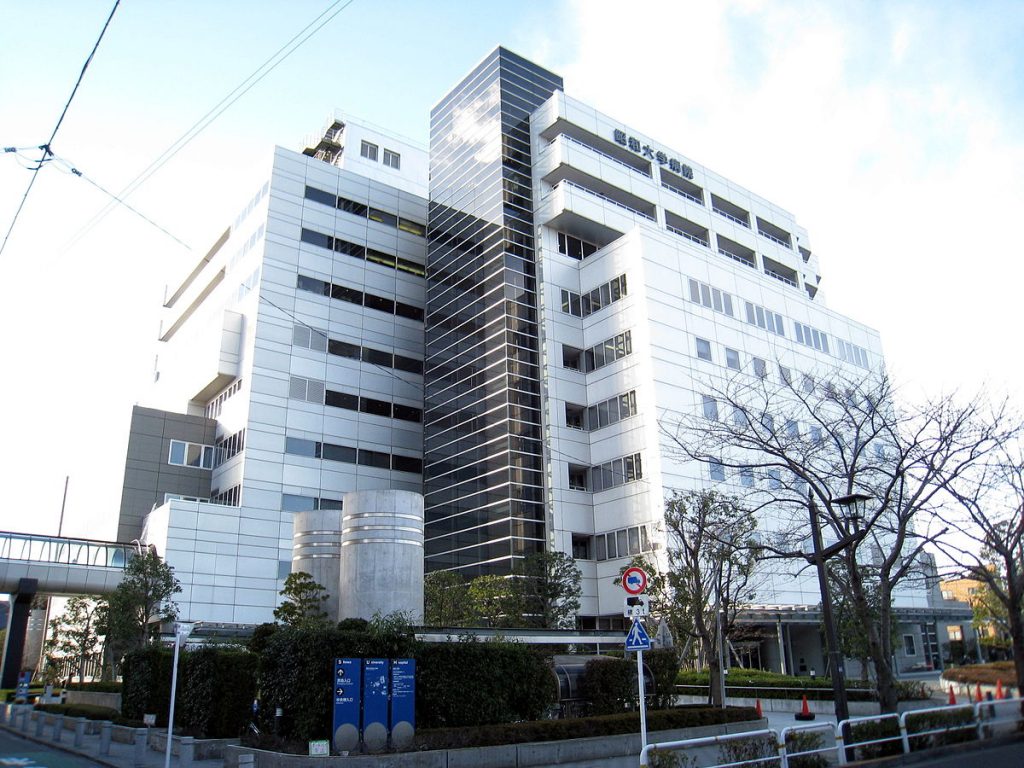
A Japanese anesthesiologist has been found guilty of fabricating data and other misconduct in 142 articles, leading to his termination and the sanction of several of his co-authors.
Showa University says its investigation into Hironobu Ueshima, the existence of which we first reported on last June, found that the prolific researcher had doctored his results, falsified his findings and tinkered with authorship.
The university’s report on the case is available here, in Japanese, and a similar report from the Japanese Society of Anesthesiologists is available here in English. The JSA report cites 142 papers — including 120 letters to the editor, 12 original papers, and 9 case reports — with evidence of misconduct including fabricated data and improper authorship. The investigation also found evidence of misconduct in several unpublished studies by Ueshima. By our count, he has six retractions to date.
If these articles are retracted, Ueshima would become the third anesthesiologist with a triple figure retraction count and put him in third place on the Retraction Watch leaderboard, joining Joachim Boldt (second) and Yoshitaka Fujii (first).
The institution also penalized three of Ueshima’s frequent co-authors: Hiroshi Otake, who was demoted from his position as chair of the anesthesiology department; and Eiko Hara and Sakatoshi Yoshiyama, whose doctoral degrees were revoked. (We’ve seen at least three other researchers lose their PhDs from Japanese universities recently for misconduct.)
In a statement, Showa president Hisamitsu Tadashi said (via Google Translate) that the investigation confirmed misconduct by the researchers.
We sincerely regret the misconduct of our research activities, and we deeply apologize for the loss of credibility for our research and the great inconvenience caused to many concerned parties. In the future, we will implement measures to prevent recurrence, such as thorough research ethics education, and work to prevent recurrence throughout the university.
The report found that Otake:
failed to prevent the fraud because he neglected to provide the instructions concerning research papers and related confirmation tasks despite his position and responsibility to provide instruction and supervision as the person responsible for the department.
It also blamed “the pressure Dr. Ueshima felt in Showa Universityʼs merit system” for his deception and stated that “Dr. Otake insufficiently managed his subordinate and did not detect the misconduct.”
The report credits John Loadsman, an Australian anesthesiologist and journal editor, for raising suspicions about Ueshima’s work in March 2020. Loadsman, the document states, had seen what he thought was fabricated data in a paper by Ueshima that had appeared in the Journal of Anesthesia been submitted to Loadsman’s journal, Anaesthesia and Intensive Care, triggering an inquiry by the Japanese Society of Anesthesiologists, which publishes that journal the Journal of Anesthesia:
Prof. Loadsman contacted the editors-in-chief of other anesthesia-related journals and informed them that the recent research by Dr. Ueshima needed to be reinvestigated. Based on the above, during the board meeting of this society in March 2020, the board decided to establish a special committee for an investigation into the fabrication of papers authored by Dr. Ueshima.
Hat tip: Lemonstoism, author of World Fluctuation Watch
Like Retraction Watch? You can make a one-time tax-deductible contribution or a monthly tax-deductible donation to support our work, follow us on Twitter, like us on Facebook, add us to your RSS reader, or subscribe to our daily digest. If you find a retraction that’s not in our database, you can let us know here. For comments or feedback, email us at [email protected].
What is the deal with anesthesiologists and retractions? Between him and Yoshitaka Fujii, is it all anesthesiologists, or just the ones in Japan?
The anaesthesia journals have a high index of suspicion given the previous events. Some, such as John Carlisle, have developed and published techniques that cab raise suspicion of fraud – his method is used by the journal Anaesthesia. This behaviour is likely to be widespread of the effort is made to look for it…
What was the focus of his work?
Yet another anesthesiologist presents fake research; the history of anesthesiologists presenting fake data is shocking especially when it comes to CRNAs. The congress and media for some reason presents opinions of anesthesiologists as valid data while CRNA peer reviewed and highly vetted data is simply ignored.